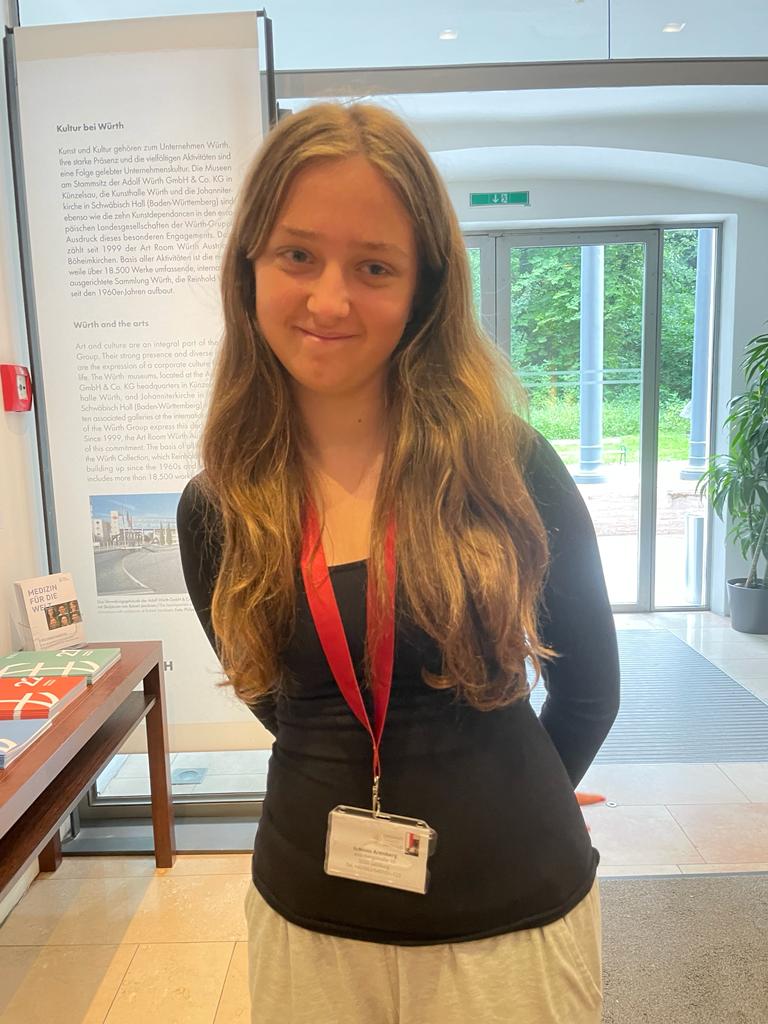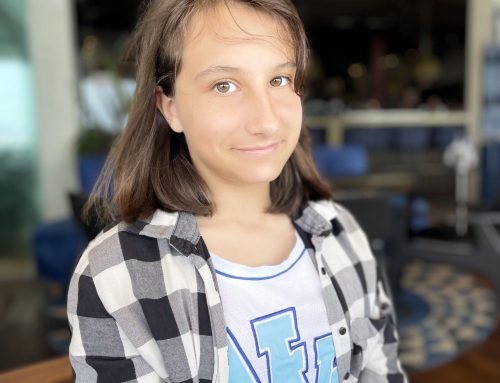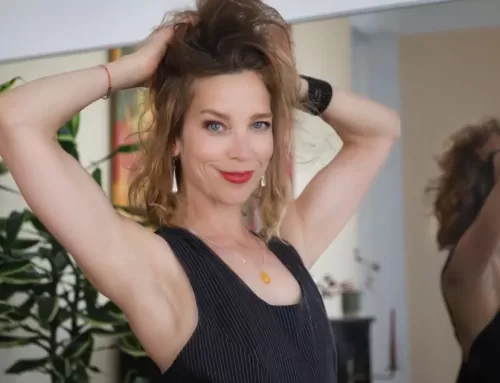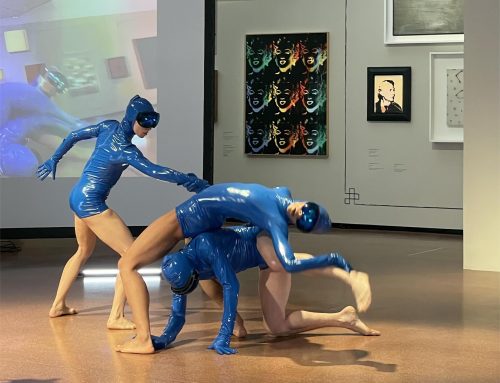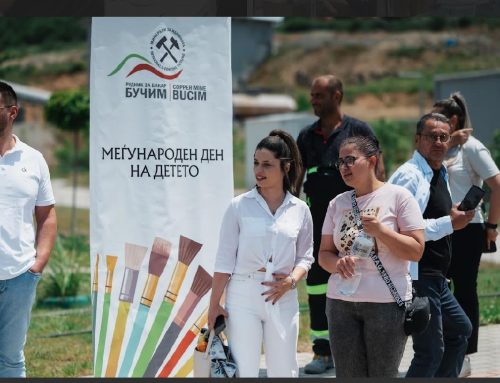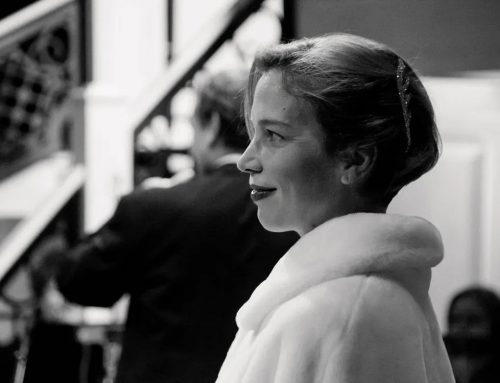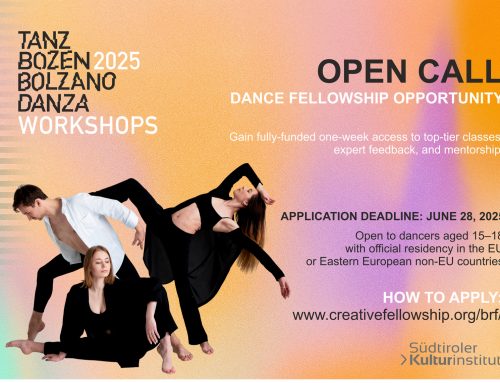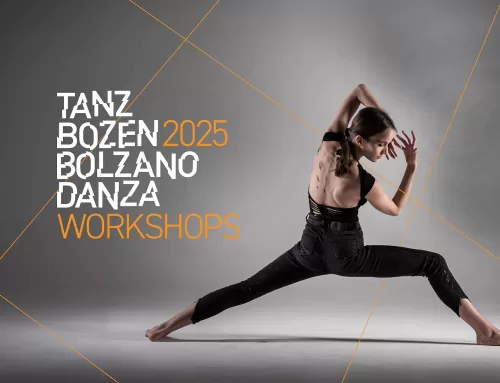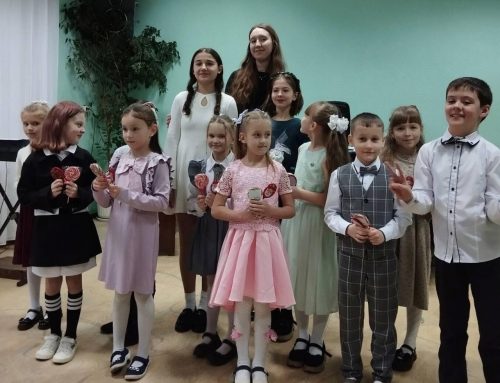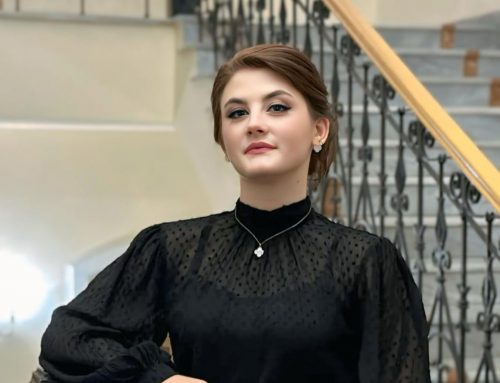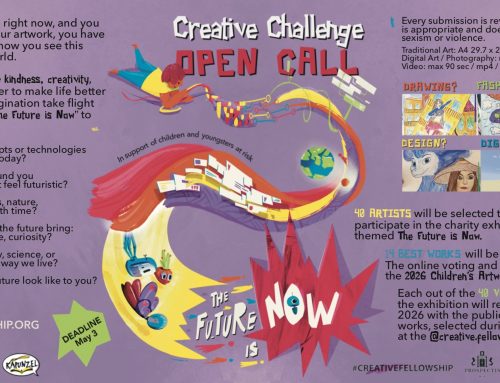Estelle Abbot has been with Creative Fellowship since 2020 when we first researched the topic of Happiness for our virtual museum. In 2023 Estelle was awarded a scholarship of Drama at Queen’s Gate School and got chosen to participate in the Falstaff Opera Camp – an activity annually ran as a collaboration between the Salzburg Festival, American-Austrian Foundation and Vienna Philharmonic Orchestra. On the day the Salzburg Festival announced its 2024 program, we met with Estelle to talk about her opera camp experience and ask what advice she could give to the new generation of the Salzburg opera campers.
Tell us a bit about the Opera Camp that you visited in 2023?
It’s a camp in Austria, in Salzburg mostly for teenage musicians and those interested in performing arts. We spent most of the week preparing a performance. We worked on songs for the play, adjusted the storyline as we needed to change the script a bit. Then the orchestra created a very beautiful piece that they started working on a couple of months before the trip to Salzburg.
How did you know about the camps?
My mother told me about it and she learned from the Creative Fellowship.
What was your expectations vs reality experience?
First, I was nervous because I didn’t know anyone, and I thought no one spoke English there. In reality it was very simple to make a lot of friendships that would last for a long time. The teachers were very nice and friendly and the place where we stayed was beautiful with the gorgeous view on the city. Teachers were very relaxed and calm with us even when we were not the best of ourselves. We had this feeling of more having older friends around than teachers. In the beginning the teachers helped campers who were left a bit aside to blend in. That’s why you never felt alone.
How many people were there in the camp with you?
There was about 40-45 people. Mostly they came from Germany and Austria, and they all spoke English. There were also people from New York, France, Israel, and we bonded into a very colorful group. Most campers were 13-14 years old; the oldest ones were 16.
How did you choose what you would be doing in production?
On the first day we would be put into two groups. Those with instruments would already know they are assigned to the orchestra, those who were interested in acting or crafting would go the other group. Each of us had an opportunity to be on the stage. Even those in the orchestra would be called on stage to do some acting. Candidates in acting group could pick up their roles and if the assigned role would be outnumbered, we would switch casts during the performance, so everyone had a chance to show and shine.
How did your camp schedule look like?
For the first couple of days, we had singing lessons with an Italian teacher who was very funny and friendly and for the rest of the days we would usually rehearse in groups and we would mix for breaks and lunches. The last two days we spent putting it all together like checking the lighting and microphones and we also crafted props. In the end we had a real professional performance in the theater with the audience and tickets.
What did you rehearse?
We were rehearsing for the Falstaff by Giuseppe Verdi. We would have a couple of people playing a doll and I was “the head” of it and I would stay on the stage throughout the performance. We also learned how to make all the parts of the puppet’s body which was a big fun.
Were there any artists visiting the camp?
Yes, we had some singers, musicians and conductor that came to the camp on the last two days. They rehearsed with the orchestra. We also went to the Festival House to see the original Falstaff opera. And then some artists came to the camp and explained how they worked on the production. Everyone asked the director what the play was about because we all got very confused, and he said that that was his main goal. We also met the singer who played the main part and he talked to us about the role and the character of Flastaff.
There was also a woman, a puppeteer who taught us how to make a puppet of Falstaff. First, we rehearsed with the dummy that was not super neat. We learned how to move around with it and not to destroy the actual doll. On the last day of the camp the puppeteer created a very beautiful head and gave Falstaff the hair and that was the prop that we used at the performance.
How did you like Salzburg’s original version of Falstaff?
The Flastaff version that we watched was very confusing but at the same time funny and interesting. It was this story about how a director is directing a movie, I think it was the Falstaff movie, but then he also gets himself into a similar scenario and it all gets mixed up. No one could understand what was happening on the stage and as we know now that was the director’s purpose, to get people confused.
Did you go to see an opera for the first time?
No, saw operas before. But it was the first time in Salzburg for me and it was a very unique experience.
What advice would you give to the new camp applicants?
I would advise not to be anxious and scared, because I was at the beginning. But in fact, these camps are the place for everyone, and everyone finds a friend or a few there. I would also recommend to look and explore what the camps are about before you go. I didn’t and it was a big disadvantage. If you play any instrument, practice in advance. You will have time at the camp, but you would benefit if you learned the scores prior to the camp.
How was your stage experience?
I have never been involved into an actual production before and it felt very surreal. There were microphones and lighting and a smoke machine that all the kids were crazy about! There were a lot of props too and it all felt like super professional! We did a lot of rehearsing, so you get used to be around your fellow actors and then you do not see the crowd well. So even if you have a stage fright, you can’t get really anxious. They can see you, but you can’t see them, and you are backed up by your friends.
How frustrating was the fact that the final performance was in German?
I wanted to stick to the original script. I could have done my part in English, but I chose to do it in German. I wanted to preserve the Austrian identity of the performance. I was told that previously they used a mix of languages in other plays, but I didn’t want to change anything.
Did you have a good time overall?
I think everyone had a very good time not only because we could put together and do a real performance but also outside the rehearsal schedule, we all made friends. I have never seen anyone being alone there.
Would you go again?
I’d love to go again! The camps are quite selective, so I am not sure if I get chosen this time. But if you have a chance, definitely go! It’s an extraordinary and fun experience.
Is it possible to somehow work on increasing your chances to go?
Yes, I personally am working on improving my instrumental skills, so this time I could apply as a musician.

